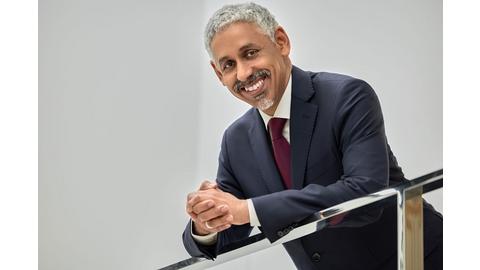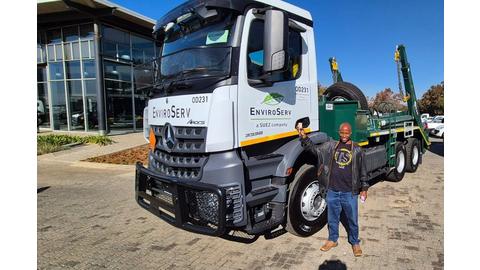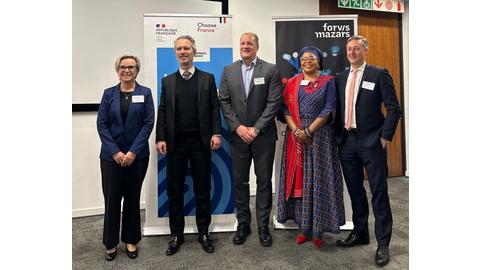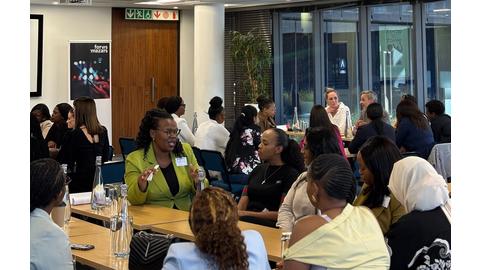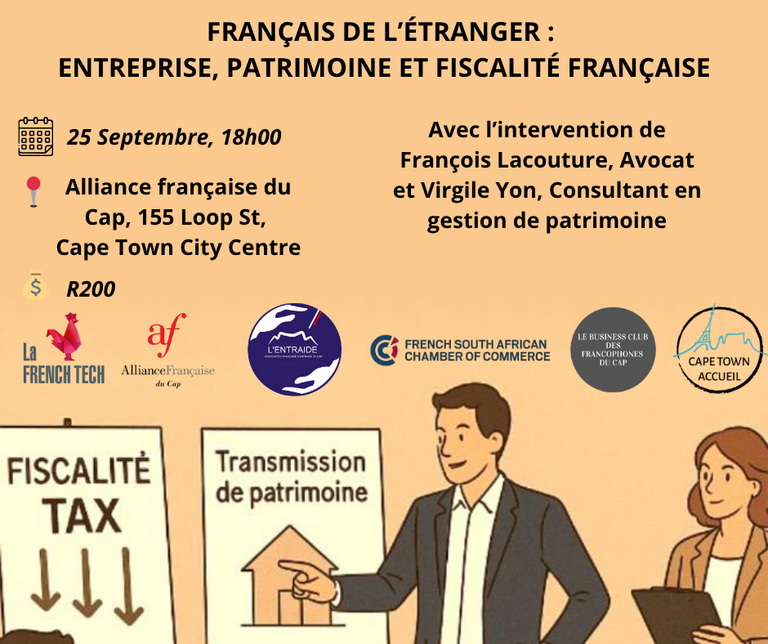Analyses & Studies
Moore Johannesburg: South Africa just ended a 35-year monopoly

For the first time since 1990, Transnet has opened its rail network to private freight operators. Eleven new players will now run trains alongside the state giant.
Why now?
Years of underinvestment, cable theft, and inefficiency have bled the economy, costing billions in lost mining and agriculture exports. Transnet’s turnaround strategy hinges on private capital, skills, and competition to restore rail to its former strength.
What to expect:
- An extra 20m tonnes of freight moved each year.
- Billions in private investment into locomotives, wagons, and logistics.
- Faster, more reliable rail corridors for exporters.
Why it matters for the economy:
- Unlocks growth in mining, agriculture, and manufacturing.
- Cuts logistics costs that choke competitiveness.
- Creates jobs across the rail and supply chain.
- Sends a strong signal to investors: reform is real.
After decades of decline, South Africa’s rail tracks are being rewired for growth. If this partnership delivers, the ripple effects could be felt across the entire economy.
Do you think opening the rails to private operators will be enough to solve SA’s logistics challenges?
Moore Johannesburg is a member of the French South African Chamber of Commerce and Industry (FSACCI).
Disclaimer: This article is an external contribution published in the FSACCI newsletter. The views and opinions expressed are solely those of the author(s) and do not necessarily represent the official position of the French South African Chamber of Commerce and Industry (FSACCI).






